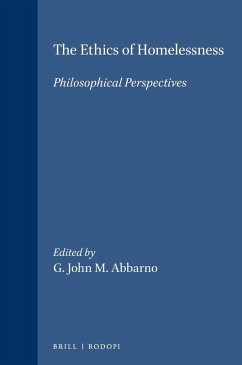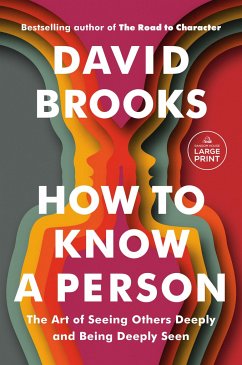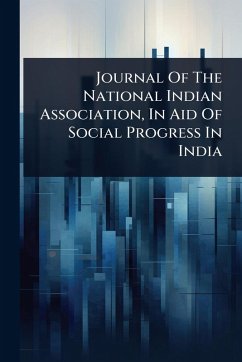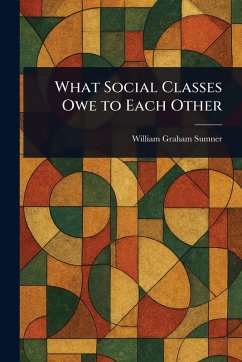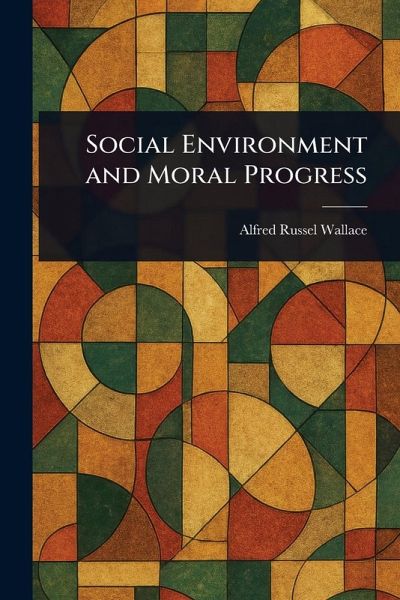
Social Environment and Moral Progress
Versandkostenfrei!
Versandfertig in über 4 Wochen
15,99 €
inkl. MwSt.
Weitere Ausgaben:

PAYBACK Punkte
8 °P sammeln!
Alfred Russel Wallace's "Social Environment and Moral Progress" delves into the complex interplay between societal structures and individual morality. A profound exploration of social ethics, the book examines how our environment shapes our behavior and the potential for moral progress within humanity. Wallace, a contemporary of Charles Darwin and co-discoverer of the theory of evolution by natural selection, applies evolutionary principles to the realm of social reform. He argues that improving the social environment is crucial for fostering altruism and elevating moral standards. This though...
Alfred Russel Wallace's "Social Environment and Moral Progress" delves into the complex interplay between societal structures and individual morality. A profound exploration of social ethics, the book examines how our environment shapes our behavior and the potential for moral progress within humanity. Wallace, a contemporary of Charles Darwin and co-discoverer of the theory of evolution by natural selection, applies evolutionary principles to the realm of social reform. He argues that improving the social environment is crucial for fostering altruism and elevating moral standards. This thought-provoking work grapples with questions of social justice, inequality, and the path toward a more ethical future. Exploring themes relevant to sociology, philosophy, and social work, "Social Environment and Moral Progress" remains a valuable resource for understanding the ongoing dialogue about human nature and societal responsibility. This carefully prepared print edition allows readers to engage with Wallace's significant contribution to social thought. This work has been selected by scholars as being culturally important, and is part of the knowledge base of civilization as we know it. This work is in the public domain in the United States of America, and possibly other nations. Within the United States, you may freely copy and distribute this work, as no entity (individual or corporate) has a copyright on the body of the work. Scholars believe, and we concur, that this work is important enough to be preserved, reproduced, and made generally available to the public. We appreciate your support of the preservation process, and thank you for being an important part of keeping this knowledge alive and relevant.







